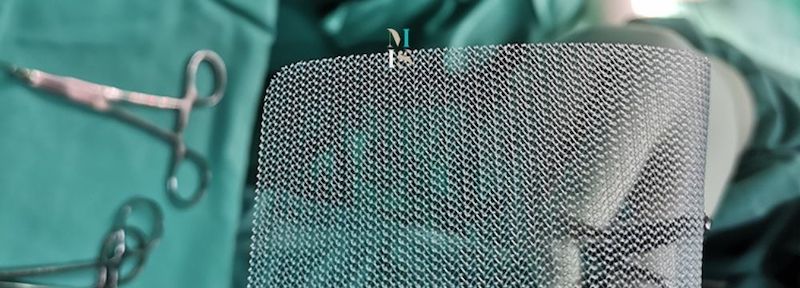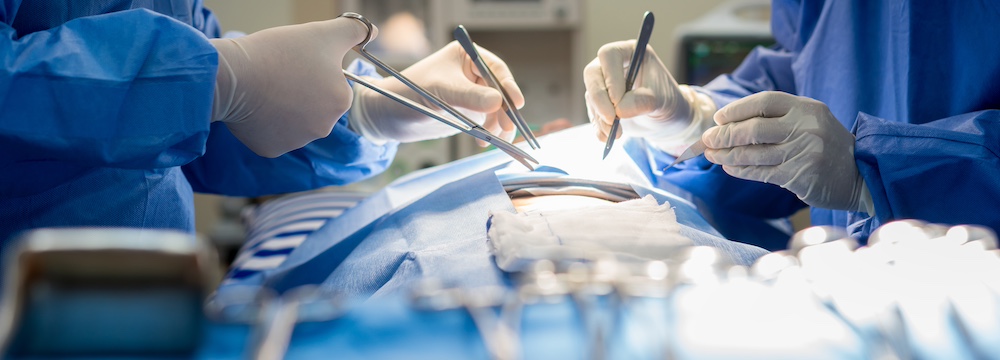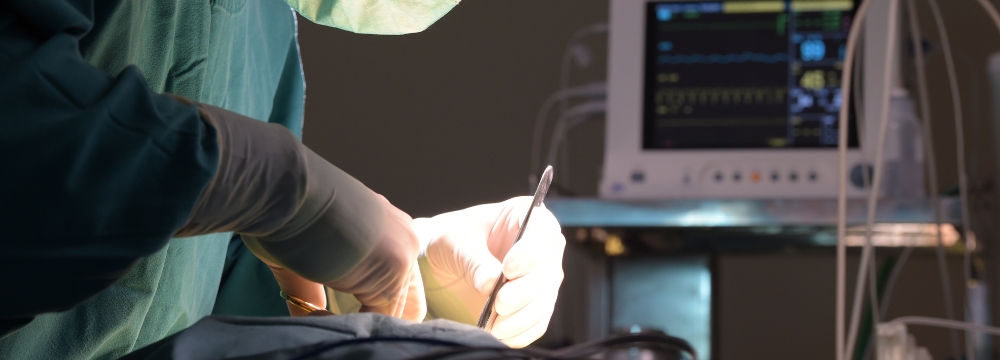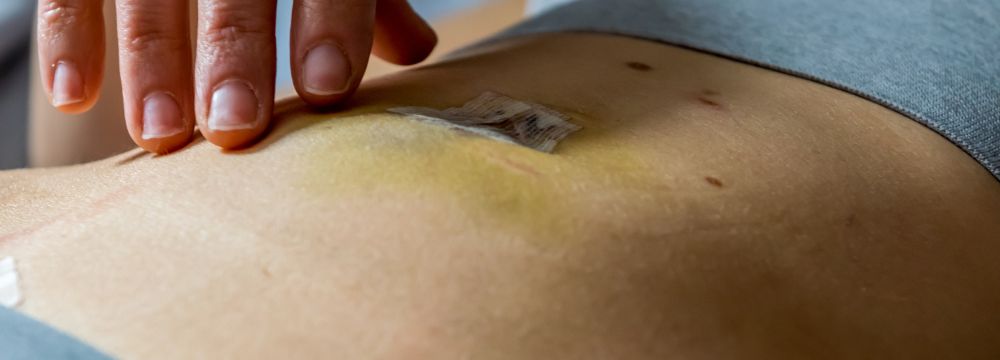Hernia
Synthetic hernia mesh is a repair solution that has been used for decades, with a long history of controversy, many strong proponents and some detractors. However, before we get into whether hernia mesh is right for you, it’s worth looking back into the history of mesh and how it has changed the surgical landscape.
Prior to the use of hernia mesh, hernia defects were sutured closed in what is known as a tension repair. While repairs were often very successful in the short-term, they had a serious follow-on problem. Up to 30% of hernias would recur; or come back. The tension placed on the skin by the sutures holding the hernia defect closed could eventually wear down the tissue causing it to rip and re-open.
With recurrent hernias being progressively more difficult to repair, this was not an ideal situation – and hernia mesh was born. Consequently, mesh quickly became the primary method of closing a hernia defect. In short, mesh is laid over the defect, and over the next several weeks, the body’s natural scar tissue incorporates it into a strong barrier. Because there is no tension, the likelihood of recurrence is much lower – at less than 2%.
The Controversy
There have been concerns with the use of mesh along the way. For inguinal hernias, which account for approximately 75% of all hernia repairs, there is the nagging question of chronic pain after surgery. There are many theories as to why this could occur, however modern surgery has reduced this risk through several technological advances, both in the mesh itself and the way that the mesh is affixed. Just a couple decades ago, the mesh would have to be attached to the muscle using titanium, permanent tacks. If these tacks irritated a nerve, they could conceivably cause chronic pain with surgery needed to remove the tacks and alleviate the symptoms. Soon we developed absorbable tacks, and today we do not use any at all. Instead, one side of the mesh has adhesive properties and adheres strongly to the tissue.
Hernia mesh also used to be thicker and heavier than it is today, making it more inflammatory. There are also more options to customize mesh to the patient’s particular circumstance. It is certainly possible that advances in mesh technology have also reduced the incidence of chronic pain after surgery.
Of note, you may have seen commercials about defective hernia mesh. The mesh in question was used for pelvic floor repairs and not for hernias. Even a widely publicized recall about a decade ago involved counterfeit mesh and was not due to properly, legally-manufactured mesh.
The Bottom Line
Today, hernia mesh is safer than ever, and your surgeon has a wider choice in mesh than ever before. Most importantly, choosing a highly-experienced hernia surgeon is critical, as is repair technique, choice of mesh, and sizing of mesh, which all play a big part in a successful surgery and the minimization of postoperative complications.
For more information about hernia mesh and to schedule a consultation with one of our general surgeons, please contact our office.











